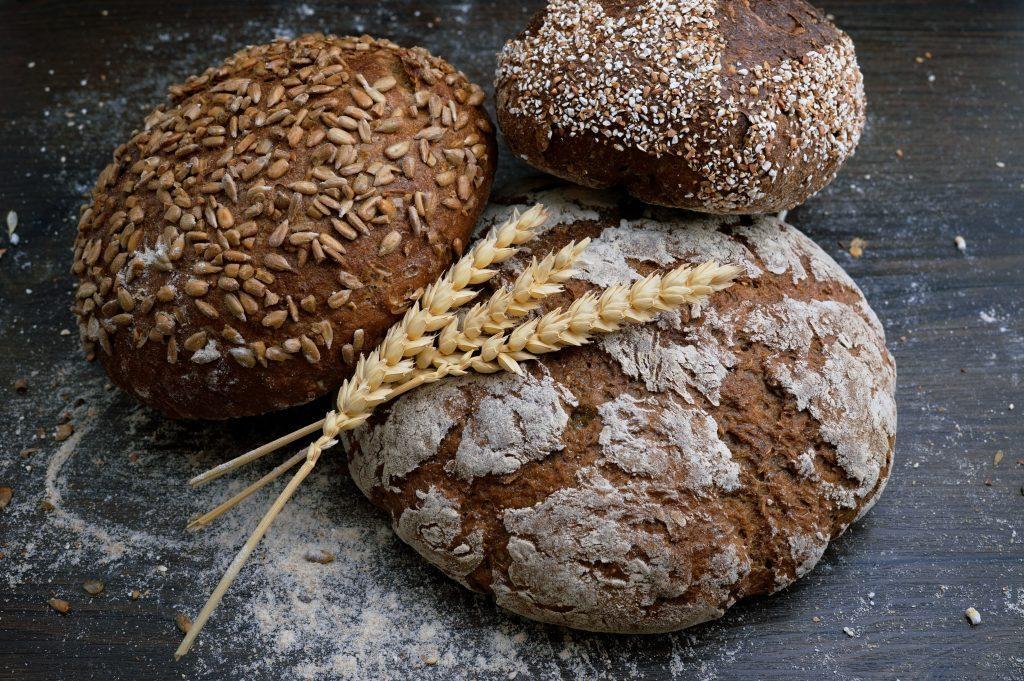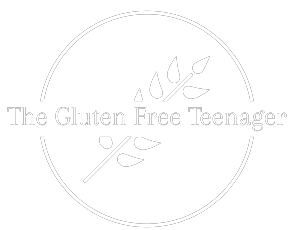
Introduction:
Gluten is a protein found in wheat, barley, and rye that has caused lots of people to change their diets in recent years. While it is a staple in many people's diets, some individuals have found that eliminating this protein from their diet has a number of health benefits. But what is gluten and how does it change our bodies? In this article, I will explore the basics of gluten and what living with a gluten free diet is really like, including what it is, who should follow one, and what this looks like.
What is Gluten?
Gluten is a protein found in wheat, barley, and rye that gives elasticity to dough and helps it rise and retain its shape. It can be found in a variety of foods, including bread, pasta, cereal, and baked goods. While it is a vital component in many of our favourite foods, it can also cause problems for some people.
Who Should Follow a Gluten-Free Diet?
There are several groups of people who may benefit from following a gluten-free diet. The most well-known group is those with celiac disease, an autoimmune disorder that causes the body to attack the small intestine in response to gluten exposure. This can lead to damage to the small intestine and a range of digestive symptoms, such as abdominal pain, bloating, diarrhea, and weight loss.
In addition to celiac disease, there are other conditions that may be helped by a gluten-free diet, including non-celiac gluten sensitivity and wheat allergy. Non-celiac gluten sensitivity is similar to celiac disease in that it involves a reaction to gluten, but the mechanisms behind it are not fully understood. Wheat allergy, on the other hand, is a traditional allergy in which the immune system reacts to proteins found in wheat.
While these three conditions are the main groups that may benefit from a gluten-free diet, some people may also find that eliminating gluten helps with other health issues, such as irritable bowel syndrome (IBS), rheumatoid arthritis, and even depression and anxiety. However, it is important to note that a gluten-free diet may not be necessary or helpful for everyone, and it is always best to speak with a healthcare professional before making any dietary changes.
How to Follow a Gluten-Free Diet
If you have been advised by a healthcare professional to follow a gluten-free diet, there are a few steps you can take to ensure you are meeting your nutritional needs.
First, it is important to educate yourself about which foods contain gluten and which are naturally gluten-free. Some obvious sources of gluten include bread, pasta, and baked goods, but it can also be found in less obvious places, such as sauces, seasonings, and processed meats. It is important to read labels carefully and be aware of hidden sources of gluten.
In addition to avoiding foods that contain gluten, it is also important to ensure you are getting enough nutrients that may be lacking in a gluten-free diet, such as fiber and certain B vitamins. This can be done by incorporating naturally gluten-free grains, such as quinoa, rice, and corn, as well as a variety of fruits, vegetables, and protein sources. It may also be helpful to use gluten-free alternatives to wheat-based products, such as gluten-free bread, pasta, and baked goods.
Conclusion:
Gluten is a protein found in wheat, barley, and rye that can cause problems for some individuals. Those with celiac disease, non-celiac gluten sensitivity, and wheat allergy may benefit from a gluten-free diet, as may those with other health conditions. While following a gluten-free diet can be challenging it is possible, so if you fall into this unlucky “gluten free category” keep persisting and you’ll survive.

